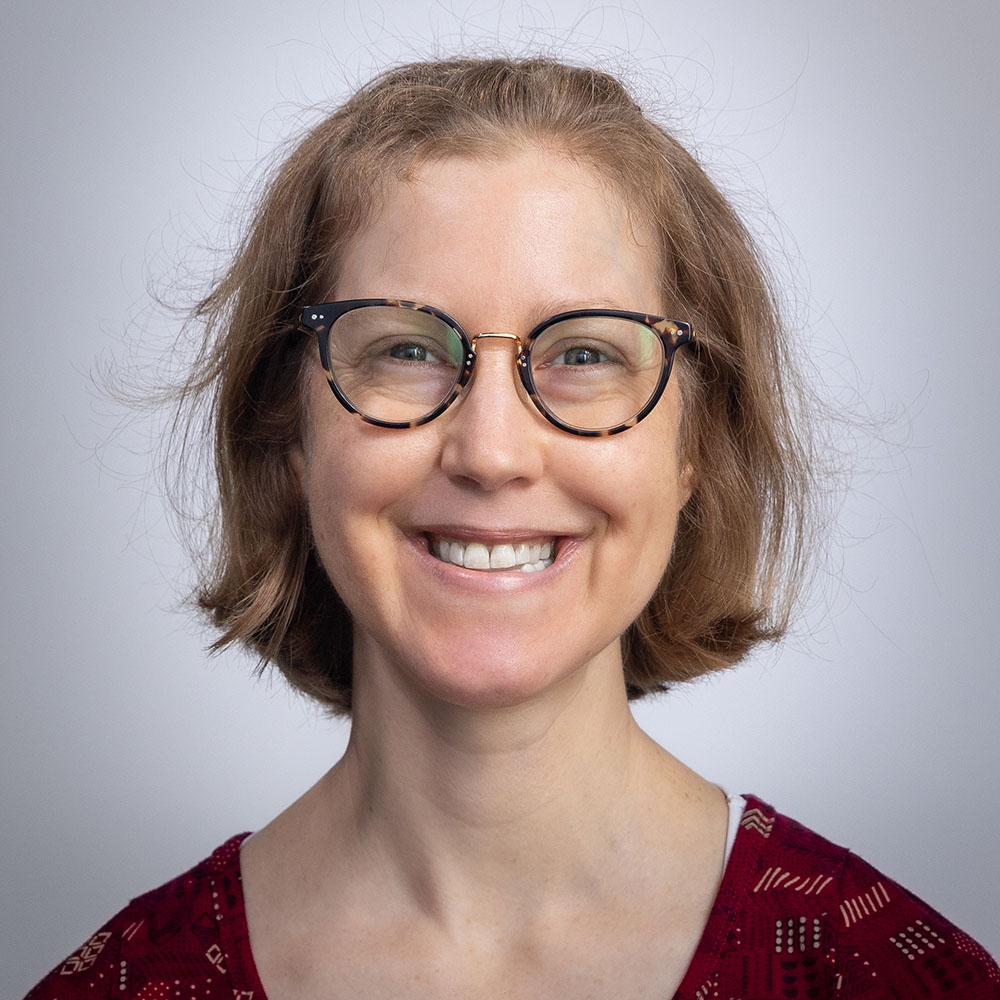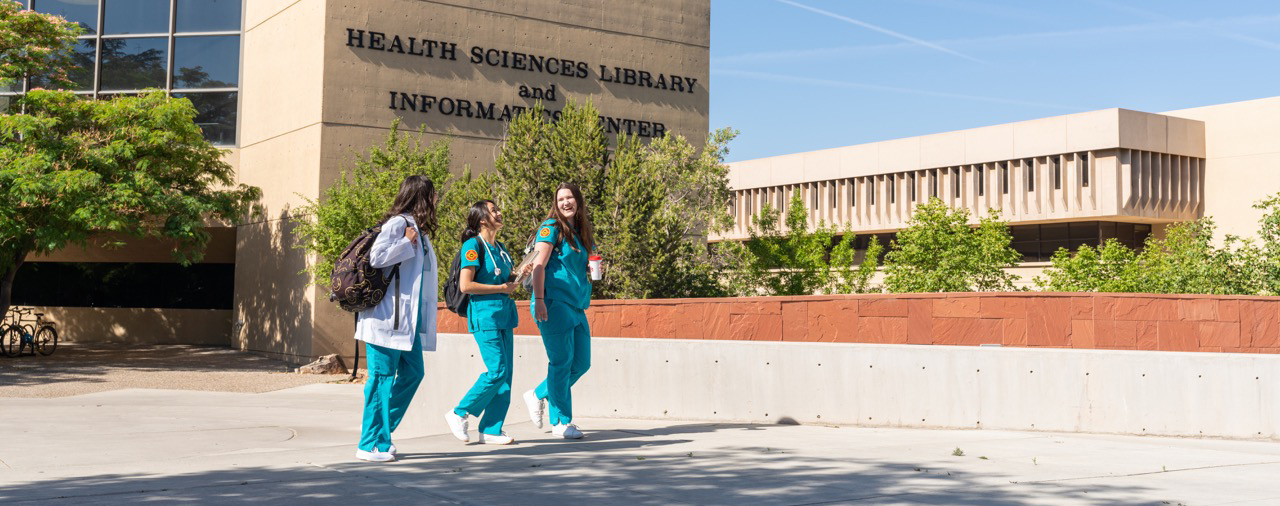When asked what they want to be when they grow up, children often respond with their wildest dreams: “An astronaut! A popstar! A superhero!” But for children and young people diagnosed with chronic illnesses, the answers may look a little different: “Healthy. Confident. Informed.”
The “informed” part is where health science librarians shine, and Lisa Acuff, MPH, MSIS, AHIP, a health information and health sciences librarian at The University of New Mexico Health Sciences Library & Informatics Center, knows firsthand the importance of good information.
At the age of ten, her entire life changed when she was diagnosed with type-1 diabetes.
“At that time, before internet resources were widely available, my family and I were dependent on the information that we received in print, which, in some cases was sufficient but in others, not so much. And many of these materials used terminology that felt scary or limiting. There were a lot of ‘if/ then’ statements that lacked explanations,” Acuff said. “The message was, that if I don't do this just right, or if I mess up, bad things will happen to me.”
Lack of reassuring information, coupled with internalized fear and shame around not managing her illness correctly, according to the fear-inducing materials she had at her disposal, was the first of many motives Acuff used to fuel her passion for access to credible information, health science education and public health.

Not only did my diagnosis inspire me to pursue my career, but knowing that health information and health literacy can empower patients to manage their health and equip providers with more dynamic care plans sticks with me each day
“Not only did my diagnosis inspire me to pursue my career, but knowing that health information and health literacy can empower patients to manage their health and equip providers with more dynamic care plans sticks with me each day,” says Acuff.
Health science librarians fulfill an array of duties that are integral to health science education, research and scholarship. Like Acuff, one can function as a liaison to an academic unit, collaborating with faculty and providing health information expertise. In this role, the librarian is the point person for students, faculty and scholars seeking materials to research. Other librarians manage the library’s resources, a role that includes things like negotiating contracts and enhancing discoverability of the materials in the catalog.
A health science information specialist can also work in the clinical setting aiding doctors and nurses on their rounds, researching and supplying crucial materials so providers can treat patients with evidence-informed practice. Whether the motivation to pursue a career in this field is fueled by a personal story like Acuff’s, a broader passion for interprofessional education and research or an entirely different reason, it is a multi-faceted, interdisciplinary career that plays a critical role in the overall delivery of high-quality care.
“Health information professionals are key players in our modern health care system,” Acuff says. “In terms of interprofessional education and collaboration, we and providers from multiple health sciences domains are working together. We all have something to bring to a collaborative education and clinical experience.”
Health science libraries themselves are more than just quiet places for students and faculty to acquire research materials or complete assignments. They are a hub for collaboration between professionals who are dedicated to ensuring institutional research and scholarship have a strong foundation of resources to fuel the individuals and organizations seeking materials. Extending far beyond a campus, a health science library and the librarians who work there provide key services to the communities that surround them. Without health science materials and those who can find, vet and circulate them properly, doctors, nurses, patients and entire communities would be without valuable, life-saving information.
It's a story that Acuff knows by heart, which inspires her work with those who seek the kind of critical information that she had such a hard time accessing in her own life.
